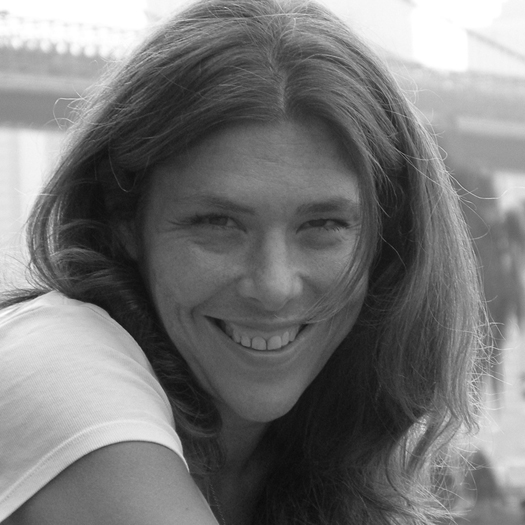Dear Bonnie,
Looking back on my first job at a design studio, I recall a lot of stress and anxiety. As a designer fresh out of school I was dropped in the deep end, forced to either sink or swim. I remember feeling as though every project I contributed to hung in the balance based on my input. Every inevitable mistake and misunderstanding felt like the end of the world. It was never really made clear to me how much responsibility I had adopted and where and when I should be asking for help from my superiors.
Do you have any advice for juniors in this position to help mitigate some of the stress and uncertainty? How much is the studio really relying on their newest talent and when should they be coming forward for help and counseling?
— Anxious in Adelaide
Dear A.,
Your questions reveal a great deal about who you are and how much you care about your work. I know that “end of the world” feeling all too well. It tells me that you are living and breathing your work. This is not just a job to you. You lie awake at night thinking about what you could have done differently and what you can do better the next day. Over time, it will become easier to put that feeling into perspective. When you’ve only worked on three projects, if one of them goes awry it can be devastating. When you've worked on many, many more, you will come to understand that this too shall pass. However, stress can be an incredibly powerful motivator, so I hope you'll be able to retain just the right amount of it.
I can't know how much a studio is relying on you, but throwing you in at the deep end will tell an employer what you do and don’t know pretty quickly. And, in our defense, sometimes it's difficult to get accurate answers about your experience in interviews. Most people exaggerate their skill sets, assuming there won’t be a test. The best thing for you to do is be honest in your interview and follow up with the fact that you are a quick learner (if you are).
The ideal time to ask questions is when you are being briefed on the project. There are no stupid questions. And nothing is stupider than pretending to know how to do something for fear of looking stupid. That's why the Darwin Awards exist.
Questions will inevitably arise as the project goes on, so when that happens, definitely ask for help. Being able to ask questions well is extremely important. Here are some rules:
1. Really think through what you are asking and organize your thoughts beforehand.
2. Try to anticipate the next few steps so you can ask a bunch of questions at once.
3. If you can get the answer on the Internet, do so.
4. Don’t hover until someone notices you. You need the answer in order to do your job, so don't waste time.
5. Listen carefully to the answer. You can take notes, but make sure it doesn't interfere with actually paying attention to the answer.
Remember, others are probably wondering the same things as you, so you'll be mitigating stress for everyone, and your employers will know that if you don’t understand something, you’ll ask. The initiative to ask questions shows that you're thinking ahead and trying to stay on top of it all. For me, that would be a very comforting thought.
We want to hear from you! Send your questions for Bonnie to [email protected]


Comments [1]
02.04.15
01:48